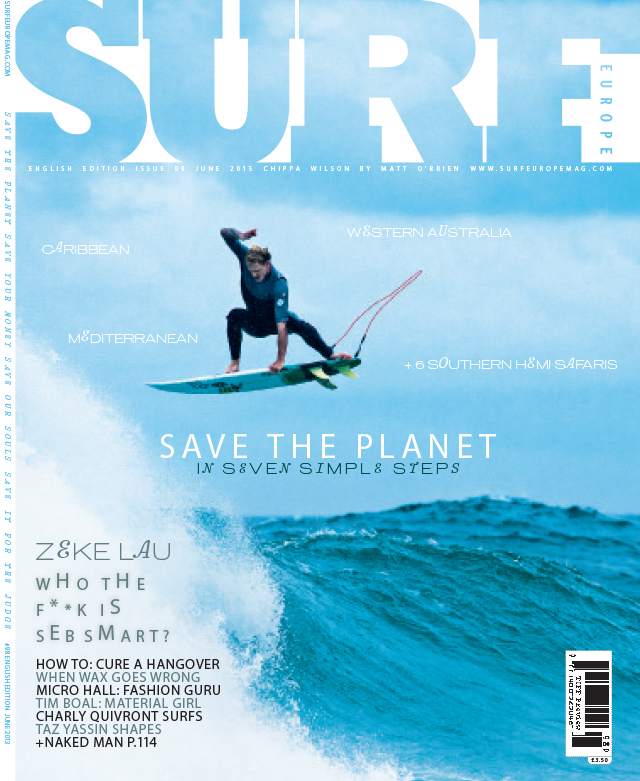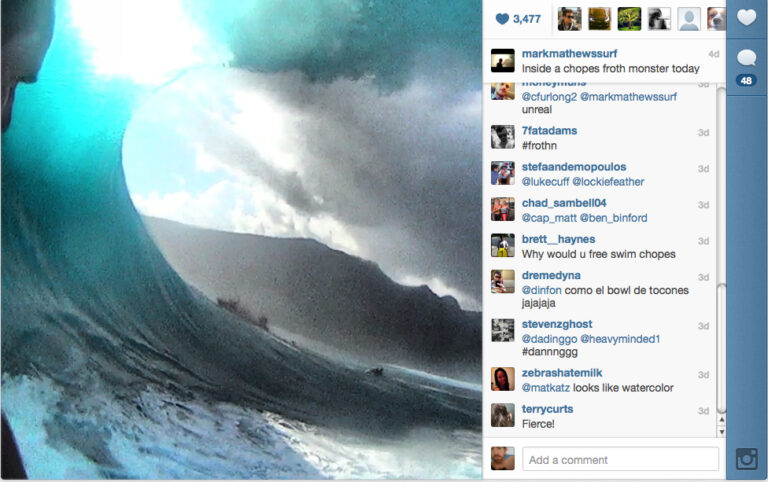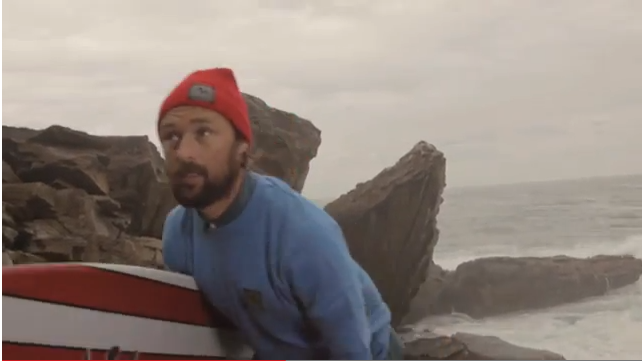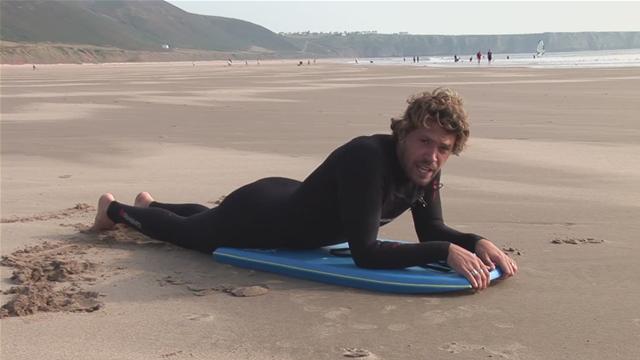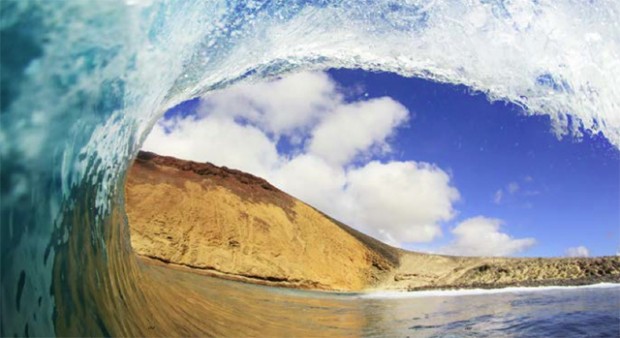
A classic escape for Europe-based surfers stricken alongside chilly grey water lineups, the appeal of the canary island archipelago relates chiefly to its latitude. Situated a few degrees north of the Tropic of Cancer, the chain of volcanic islands is located off the coast of Africa near the border of Morocco and Western sahara, and is fully exposed to swells generated in the north Atlantic, which most famously break with power over steep shallow reefs of the north and west coasts. Alongside an abundance of hollow reefbreaks, the various coasts around the islands also offer points and beaches, often set in to a kind of desert/lunar/lava landscape that definitely lets you know you’re far from home. With a variety of spots on offer in terms of technique an accessibility, the one constant is the year round mild water temperatures.
How much? Another major draw of these islands, to surfers and hordes of non-surfing tourists alike is their relative inexpensiveness. Cheap charter and scheduled flights, as well a tourist economy more catered to working classes than jet set glitterati, you can get quite a bit of bang for your buck. If you want guaranteed sun on your face, tubes and exotic surrounds, you’ll struggle to be get that combo for cheaper than you can on a trip to the Canaries.
Who goes there? Who doesn’t? If you’re on a tight budget and want some good to excellent chances of blue water/blue sky any time of year, you’re in luck. Meanwhile, many of Europe’s top pros also like to escape to the Canaries over winter, due to the chances of good photogenic pits as well as the variety of waves on offer for clips as well as to warm up for the upcoming comp seasons. Savvy students elect to join the Erasmus party here, and you’ll find couples, swell chasers, frost haters, all sorts.
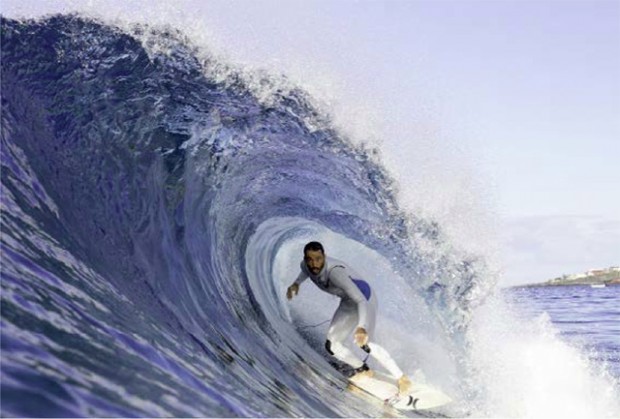
But which one? There are 4 main surf islands, all slightly different…
Lanzarote
The small-ish long thin one at the top left (NE). Lanza might get most of the mag exposure, particularly from El Quemao (the one that looks like Pipe) and The Slab, both in la Santa. Generally, a lot of lefts, quite barren landscape, with the north coast (where the surf is) being fairly remote and sparsely populated, and wee drive from town in the south (Aricife) If you are a goofy and are allergic to rights (and love lava) this might well be the Canary for you. Home to the San Juan Pro WQS.
Gnarly: Quemao
Medium: San Juan
Mellow: Famara
Who’s taking off deeper than you? Local pro Jose Maria Cabrera
Fuerteventura
Preferred by UK tube fiend Tom Lowe, who bases himself there over winter. Means ‘strong fortune’ or lucky. Fuerte has more rights that Lanza, so if you’re regularfoot and like forehand surfing, you might indeed be in luck. A bit more to do perhaps than Lanza.
Gnarly: The Bubble
Medium: Lobos
Mellow: Cotillo
Gran Canaria
‘Great Canary’, more or less in between Fuerte and Tenerife. Hosts the QS at El Confital, hollow right that has seen some classic conditions down the years.
Gnarly/Medium: Confital
Mellow: Playa Ingles
Who’s taking off deeper than you? 1000 boogieboarders and Julian Cuello.
Tenerife
The main island in terms of tourists, also a big student population. It’s the biggest one with surf all over, more wind options. Crew tend to surf more in their own area. Seen more exposure in recent years compared with the past when kinda under wraps. Much more bustle in the scene for those who like discos and dancing as part of their cross training. Surf in afternoon with hangover.
Gnarly: The North
Mellow: Playa de las Americas
Who’s rad? Jony G, probably.
Did you know? The name has nothing to do with Canaries. Actually from the latin for dogs which may or may not have been in reference to monk seals…
What about the wind? Wind is a fact of life, everywhere, and the Canries are in the belt of wind where the NE trades are borne. You might notice these little rock wall structures by the beach that folk have built to get their bronze on out of the stiff breeze. This is just one example of the genius of mankind in overcoming nature’s obstacles. In the surf, you can’t build rock walls to make it go offshore, but you can go to another side of the island, swell permitting. That’s islands!

